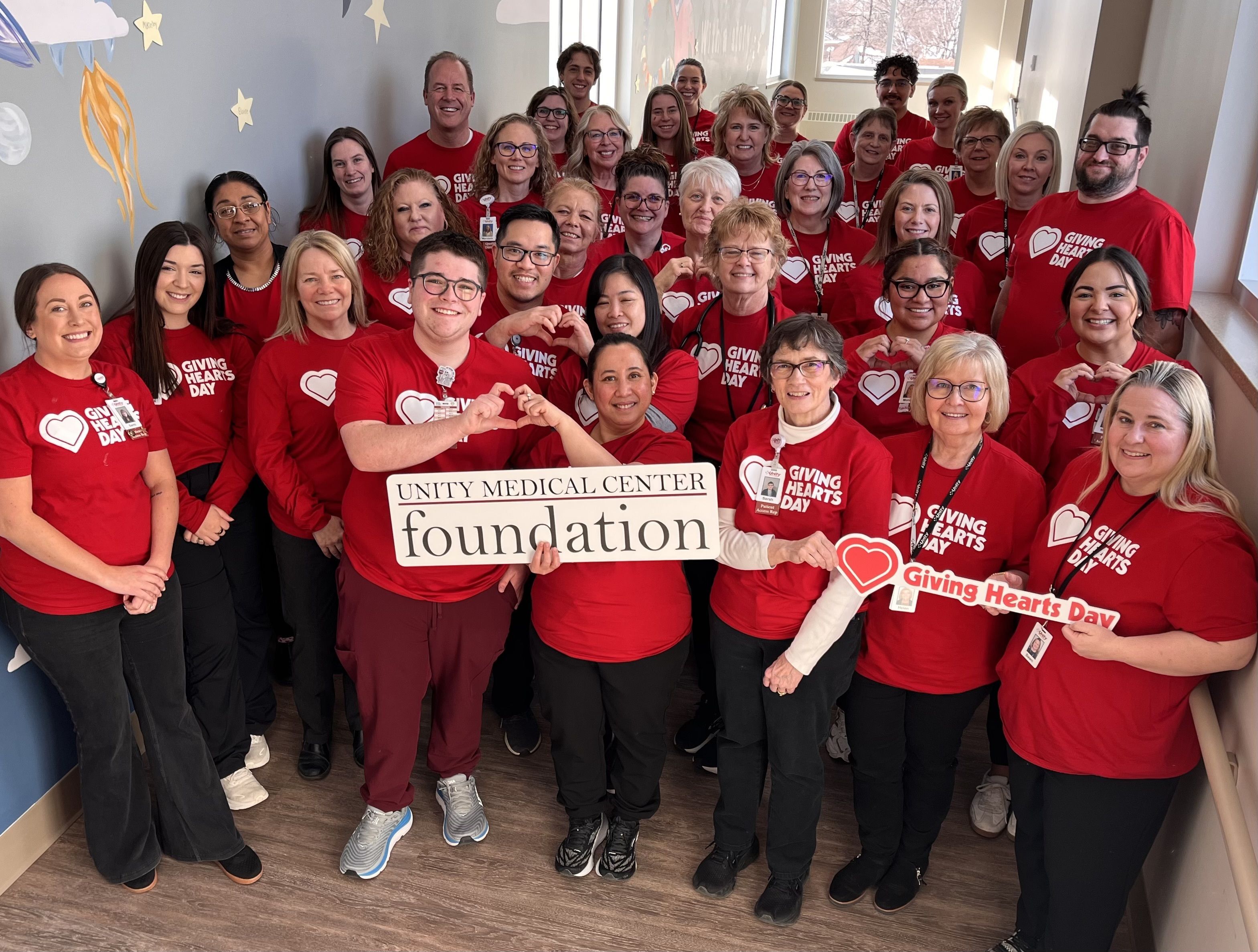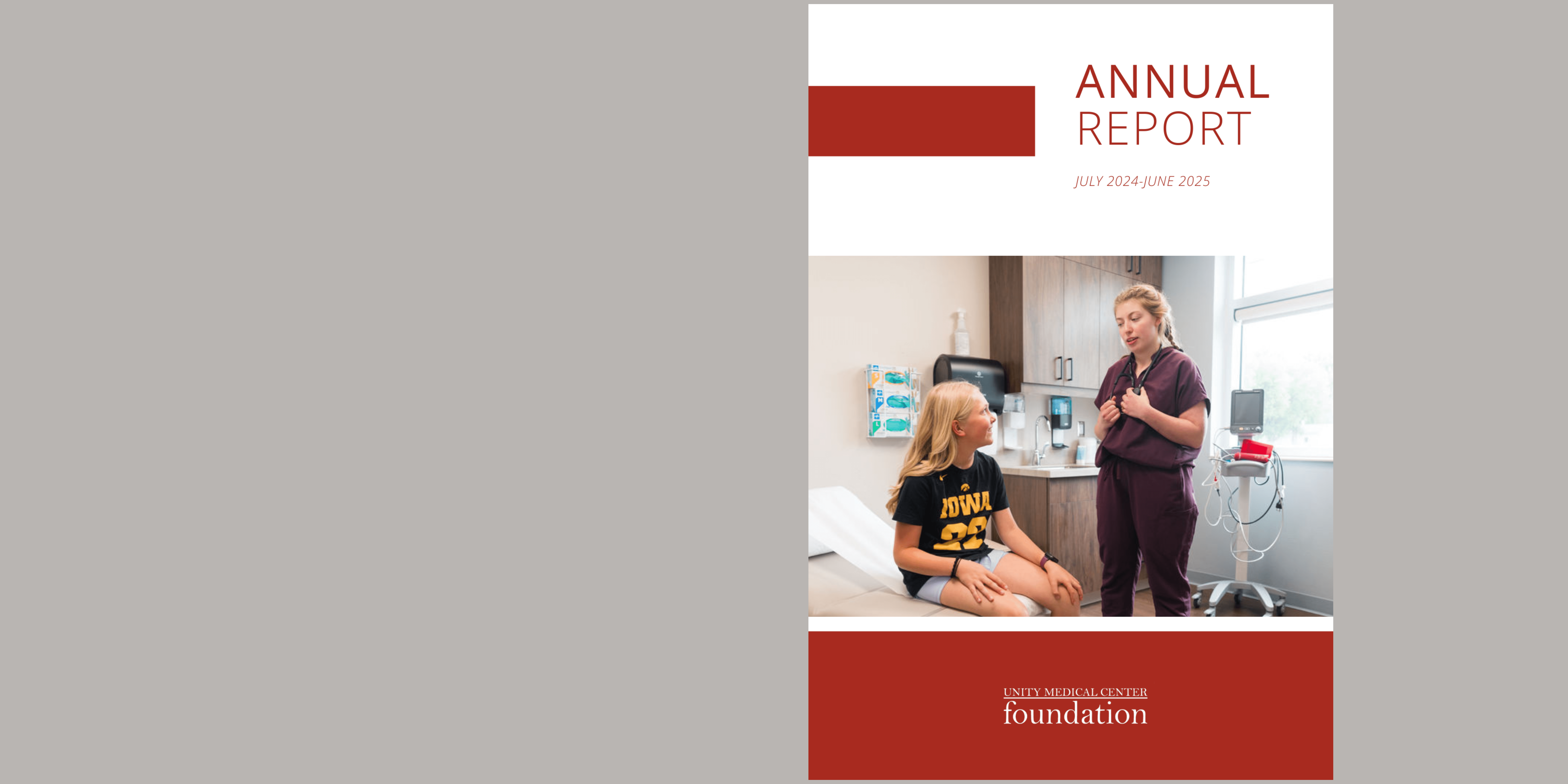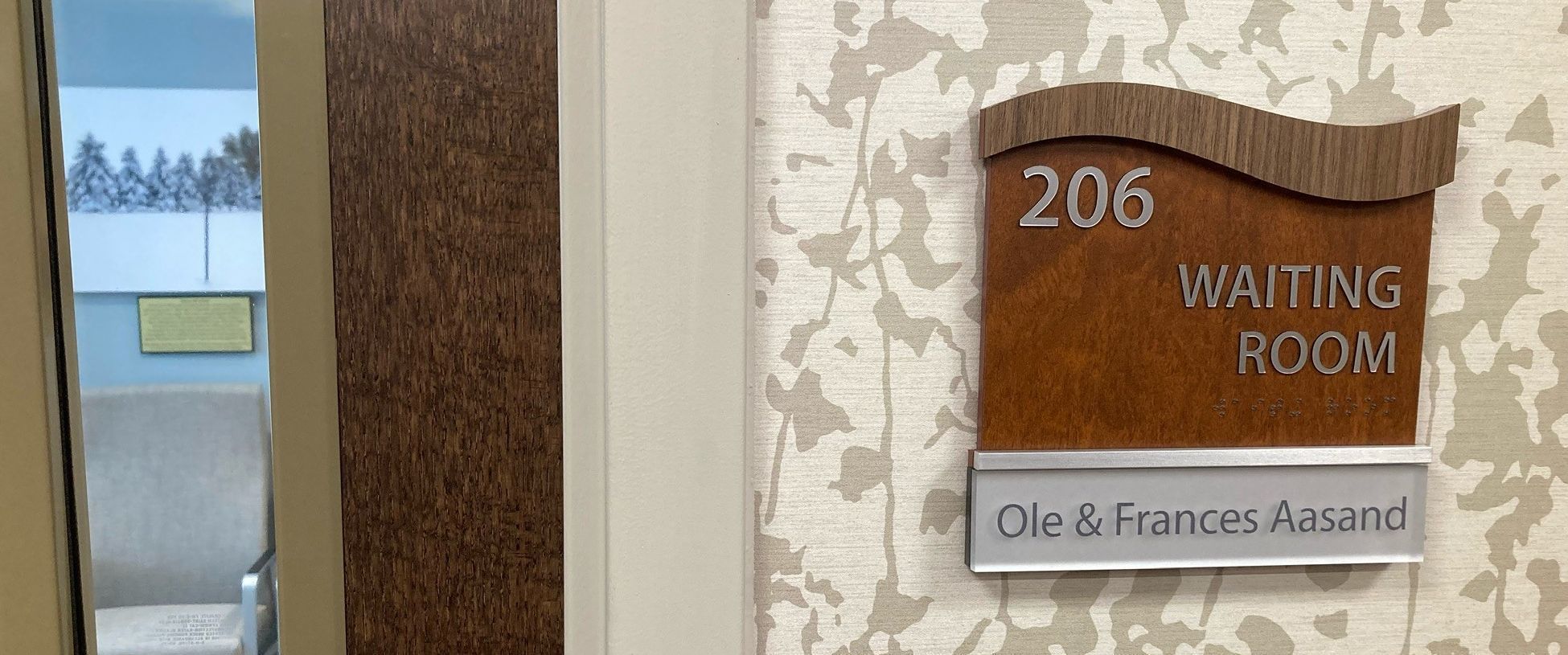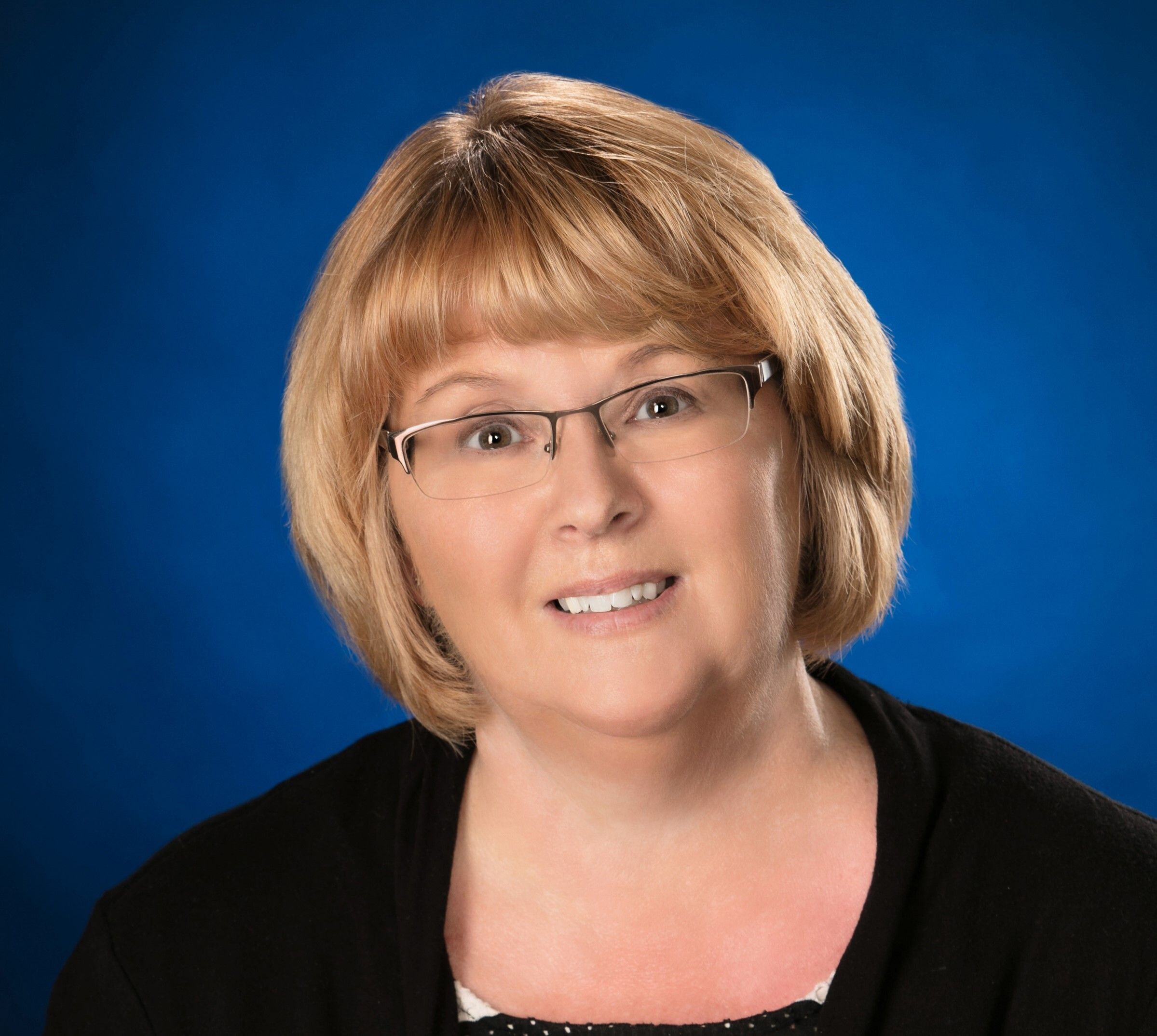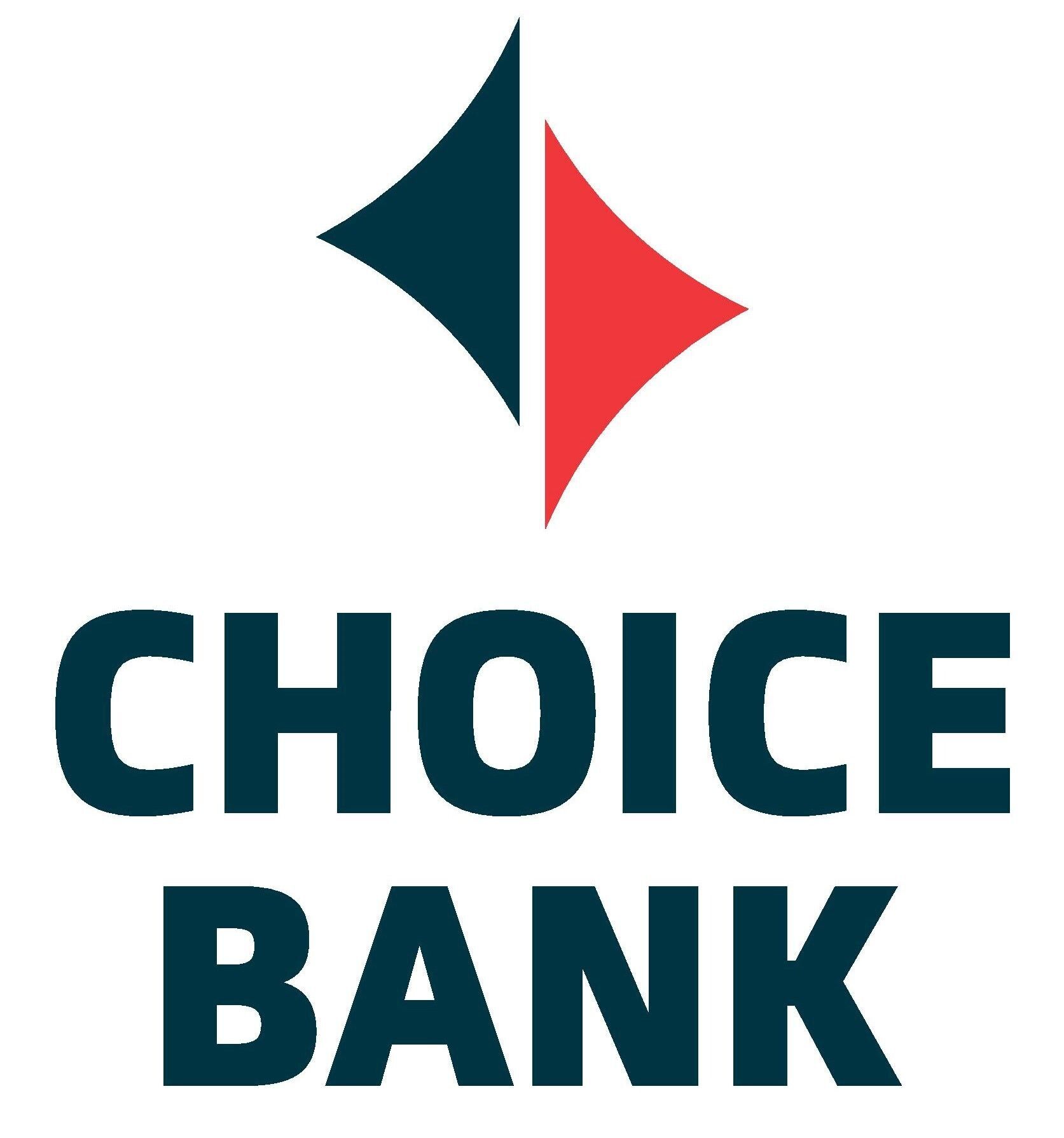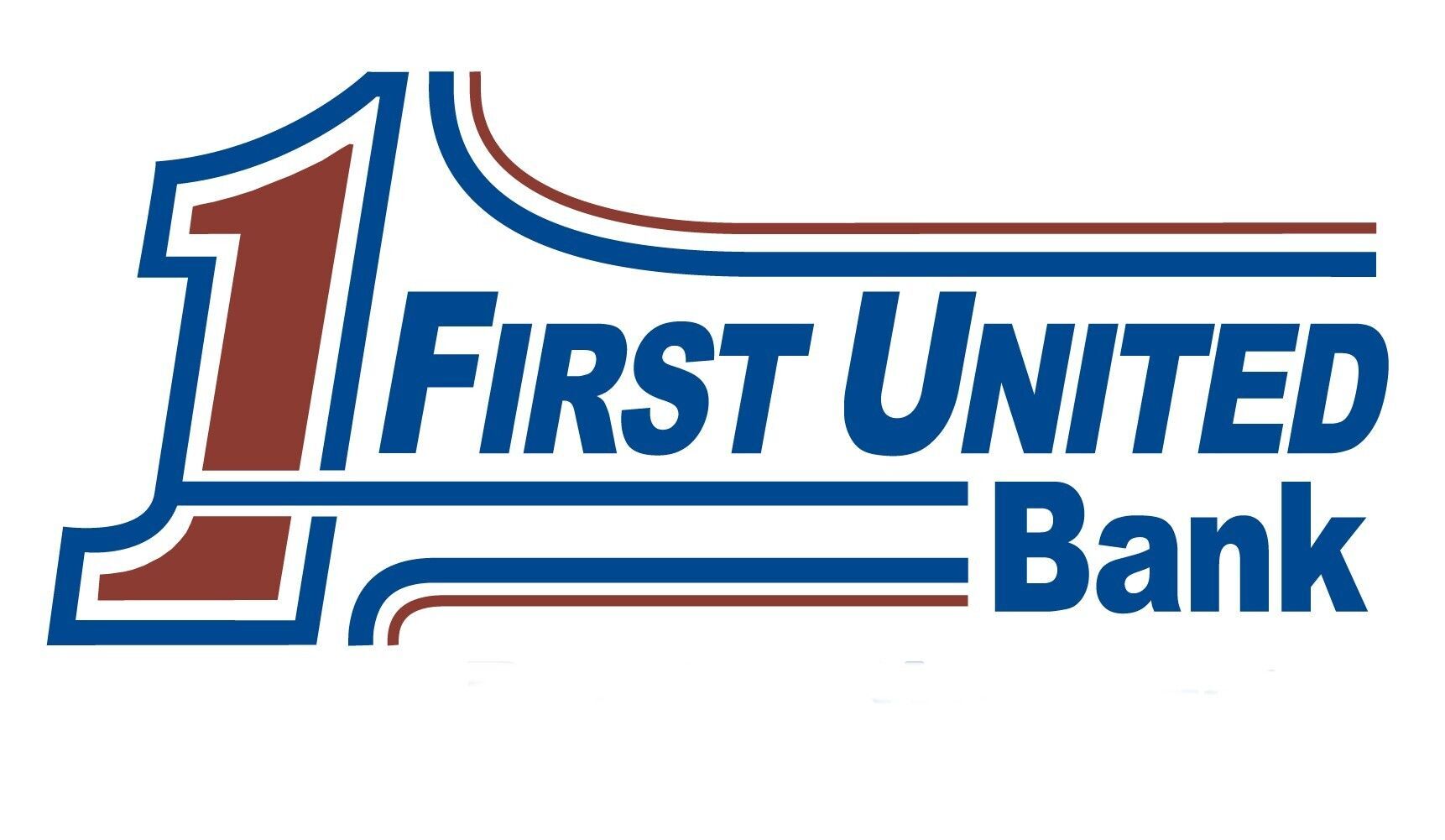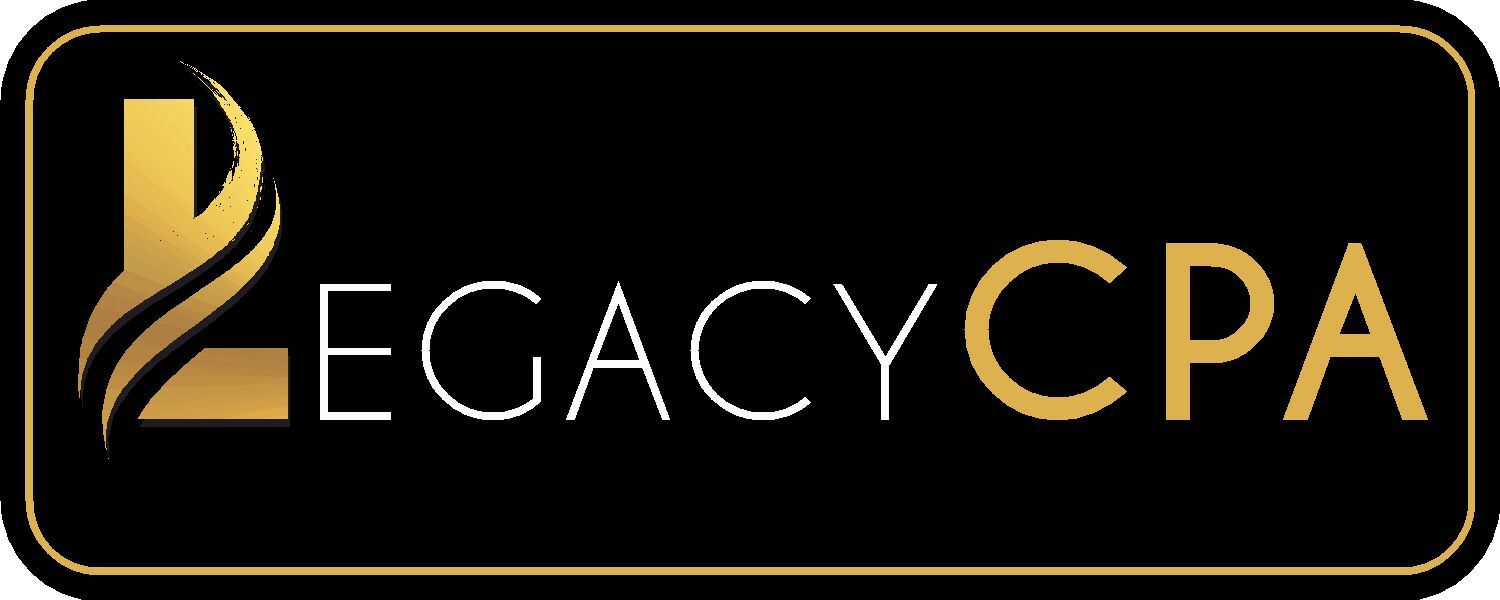
In late February, our board President Brian Van Bruggen and I had the opportunity to travel with a group from Unity Medical Center to the American Hospital Association’s Rural Health Leadership Conference in San Antonio, Texas.
We attended this conference two years ago as well, and it was beneficial to learn what challenges are affecting
rural health care nationwide and to note what had changed over the past two years since we last attended the
conference.
For example, in a session titled Strengthening Rural Health Through Board and Philanthropic Alignment, speakers highlighted donor advised funds (DAFs) as a way to donate illiquid assets to charities. DAFs have been around since the 1930s (created with the support of John D. Rockefeller Jr.) and were first recognized in federal tax code in 2006. They are now more popular than private foundations, according to the Institute for Policy Studies, although
the UMC Foundation has only benefited from a handful thus far. Still, these weren’t discussed much in fundraising circles two years ago. That has changed.
This conference took place less than two weeks after President Trump had signed an executive order instructing federal government agencies to significantly reduce their workforces, an initiative led by the new Department of Government Efficiency (DOGE). At the conference, there was discussion about DOGE cutting funding to the National Institutes of Health, Medicaid, and higher education institutions including Harvard and Yale. Conference speakers and attendees were still trying to make sense of everything that was happening regarding federal funding. One conference speaker advised everyone, “Don’t hope the worst won’t happen. Go home and prepare for what to do when the worst does happen.” While I’m sure some hospitals have been affected by these cuts, so far it seems UMC is unfazed.
Another relatively new conference topic was artificial intelligence (AI), which when used correctly can be helpful but can also malfunction if not used correctly. Still, I was surprised when a speaker from Mayo Clinic in Rochester, Minn., said that Mayo was “doubling down” on AI. “If you’re a doctor who won’t embrace AI, you are obsolete and will be replaced,” he said. AI is something we continue to learn more about but haven’t implemented yet in fundraising at UMC.
Another takeaway regarding board governance was to avoid “downplay recruitment.” This is a practice where someone calls a prospective board member and tells them that joining their respective board “won’t be that much work. They only meet a few times per year!” The speaker advised all of us to “stop doing that! They are a lot of work. They should be a lot of work! But it’s important work.” I would have to say I agree!



